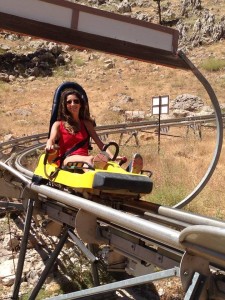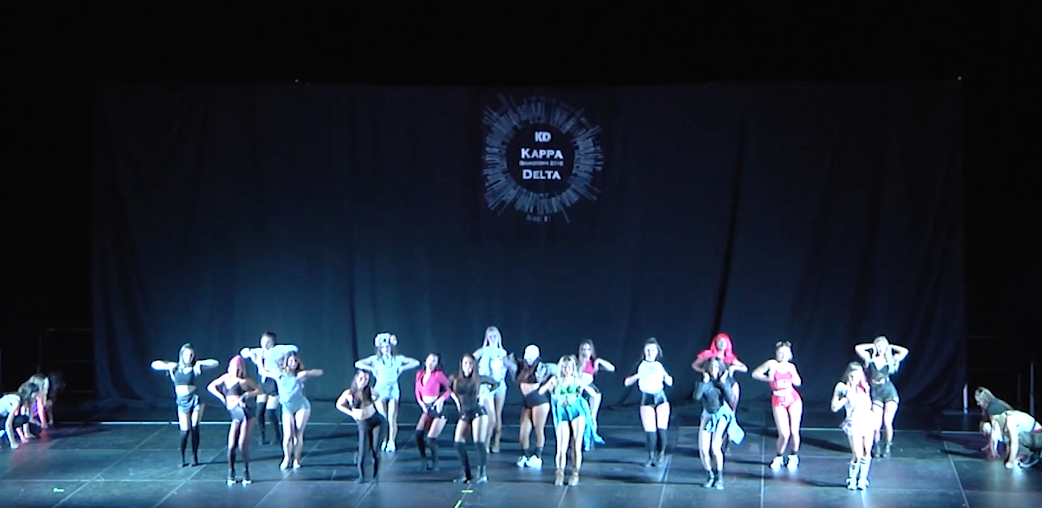Eden Marcu sees a stark contrast of two very different worlds.
During the school year she is the average UCF student, a sister of the Kappa Delta sorority with the main worries in her life being getting an ‘A’ on that next math exam and having enough money in her bank account to last her throughout the week.
By summer, her worries shift from algebra problems to seeking shelter.
“When I come back to America, there aren’t any missiles, rockets or bombs heading my way,” Marcu said.
Marcu has been spending another summer with her family in Israel during a seemingly endless conflict that has became daily life the Middle East.
Leaving the town she’s staying in, which is one of the safer spots in Israel, means she’s a minute-and-a-half away from seeking shelter if there is a siren.

“A siren means Israeli citizens have a minute and a half to get to the nearest shelter,” Marcu said. “You can still go out, visit monuments, go to the beach but there will always be that thought in your mind ‘where is the nearest bomb shelter?'”
Marcu has been visiting Israel every year during the summer for about two months to see family and experience the rich culture that has become intertwined in her life.
Unfortunately, that rich culture also has a history of violence in one of the most dangerous parts of the world and Marcu has had a front row seat to it all.
The death toll in Gaza, where most of the action is taking place, is nearing 600–up 300 within the past four days, according to the Palestinian Health Ministry.
Rocket attacks have become to the norm, and the average home in Israel has a shelter room, or a room without windows. Marcu said in the higher-risk places like Southern Israel, people are practically living in their shelter rooms.
The United States, a long-time ally of Israel, doesn’t feel safe flying planes into the country anymore, since a rocket fell near an airport. Subsequently, the Federal Aviation Administration issued a notice on Tuesday prohibiting all U.S. airlines from flying to or from the Tel Aviv airport in Israel, according to the Associated Press.
However, the escalating conflict this summer is something Marcu is no stranger to.
“This year was more of a flashback of 2008, the situation was a little worse than it is now,” Marcu said. “Every day we would find ourself in the shelter room of our house for about 10 minutes until it was clear to go out.”
Despite the incessant feeling of danger that clings to the air like the feeling of anxiety during finals week, Marcu still feels comfortable walking around Israel.
“As weird as it sounds, I still feel completely safe walking around this beautiful country,” Marcu said. “I feel safe in Israel knowing almost everyone in this country wants the same thing as I do, peace.”
In August, Marcu will return to UCF, surrounded by 160 of her sorority sisters on a state-of-the-art campus in sunny Central Florida. Despite the intensifying violence in Israel, Marcu’s love for her country will bring her back again next summer.
“When I come back with many stories to tell my sisters, the only thing I can tell them is Israel is still beautiful no matter what war is occurring at that time,” Marcu said.






